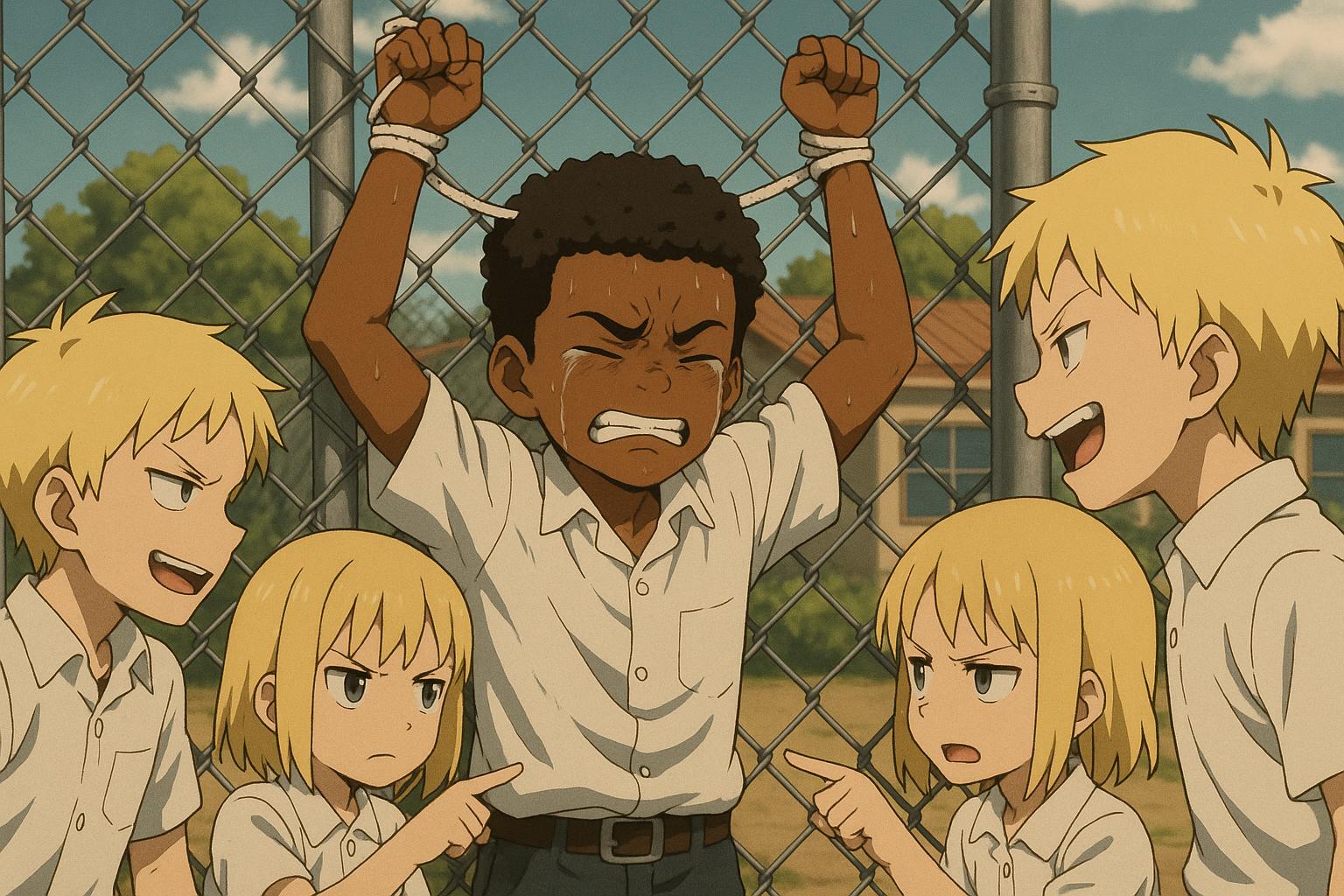Peter Andre has candidly shared the painful memories of racial abuse he endured as a child growing up in Australia. Born in London to Greek-Cypriot parents, Andre emigrated to Australia at the age of six. Reflecting on his school days, he revealed instances of severe bullying, including being physically assaulted by blue-eyed, blonde-haired classmates who targeted him for his darker skin tone. In an interview, he recalled a particularly traumatic episode where he was tied to a fence and pelted with stones. This harsh treatment has imparted a lasting impact on his understanding of racism and its complexities.
In a broader context, Andre's experiences illustrate the challenges faced by ethnic minorities in predominantly white societies. He recounted in a separate interview with a newspaper how both teachers and fellow students employed derogatory terms. A teacher had even referred to him as a "greasy wog," highlighting the hostile environment in which he was raised. The enduring effects of such bullying have influenced his mental health and self-image throughout his life, leaving scars that are not easily forgotten. He has openly discussed how this trauma has affected even mundane aspects of his life, such as his choice to avoid wearing his hair curly, a reminder of the pain he experienced.
The singer's recent backlash over his new film, "Jafaican," has stirred discussions on cultural appropriation and racism in the arts. In this comedy, he portrays a con artist masquerading as a Jamaican gangster, complete with a dreadlock wig and a Jamaican accent. Following the release of the film’s trailer, fans responded with a mix of astonishment and disapproval, questioning whether the approach was appropriate in contemporary society. Critics have argued that Andre's portrayal trivialises Jamaican culture and perpetuates harmful stereotypes. Commenters on social media expressed their concerns, with one remarking, "Did I wake up in 1998?"—implying that the film's premise feels outdated and tone-deaf.
In response to the criticism, Andre has insisted that the intention behind "Jafaican" is one of storytelling and tribute rather than mockery. He acknowledged that while he understands why some may be offended, the film aims to honour Jamaican culture and not belittle it. He emphasised the careful research conducted and the involvement of Jamaican talent during production, reinforcing that the narrative is intended to resonate with audiences on a deeper level.
Despite his current success, Andre's reflections on his childhood pain and the subsequent journey towards self-acceptance are poignant reminders of the enduring effects of racism. His ability to channel these experiences into his creative work—be it music or acting—demonstrates the complexity of an artist grappling with their identity and the societal issues that continue to shape it. As "Jafaican" prepares for its premiere at the Gold Coast Film Festival and an anticipated UK release, both Andre and audiences will have to navigate the fraught waters of cultural representation in a rapidly evolving social landscape.
In the end, whether "Jafaican" will be received as a heartfelt homage or as an uncomfortable reminder of outdated stereotypes remains to be seen. However, Andre's past experiences serve as a crucial lens through which to examine the intricacies of race, culture, and acceptance in today's society.
Reference Map
- Paragraphs 1, 2, 3: Sources 1, 2, 3
- Paragraphs 4, 5: Sources 1, 3
- Paragraphs 6: Sources 3, 4
- Paragraphs 7: Sources 1, 2, 5
- Paragraphs 8: Source 1
Source: Noah Wire Services
